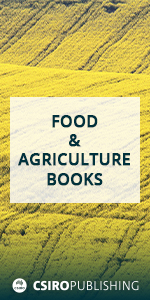RJ23018Donkey production systems and breeding practices in selected districts of South Omo Zone, southern Ethiopia
Conducting research on the production system and breeding practices of donkeys is very important to improve production efficiency and product quality. It is useful to know the economically important traits, regardless of their breeding system. No research has been conducted in the Hamer and Dasenech district of the Southern Nation Nationality and Peoples (SNNP) region of Ethiopia to identify donkey breeding objectives, practices, and the production system. We have identified the selection and culling criteria. We have also identified the trait preferences of farmers and major constraints of donkey production.
RJ23018 Abstract | RJ23018 Full Text | RJ23018PDF (1.1 MB) Open Access Article





